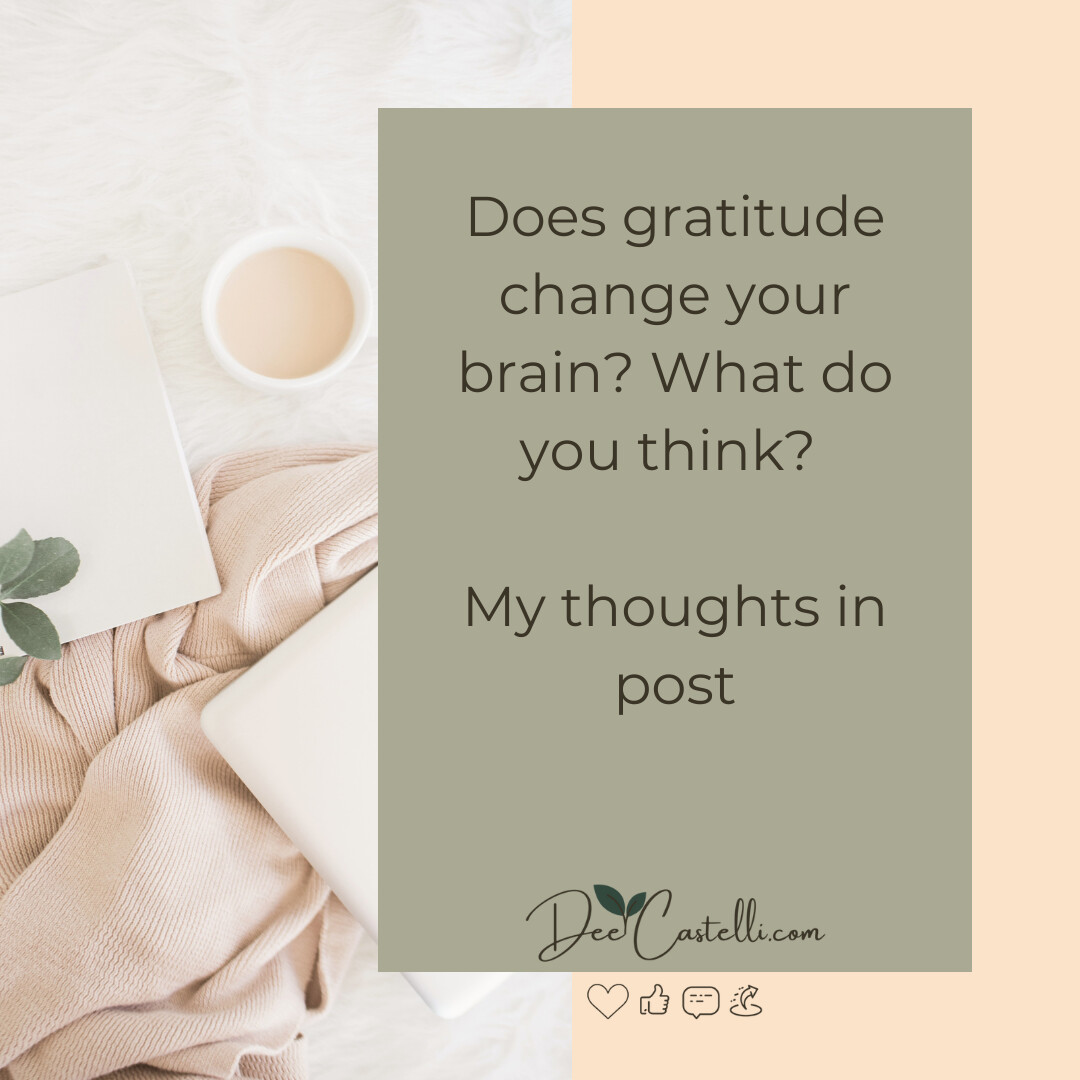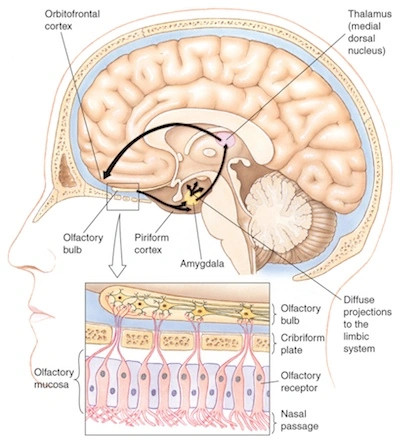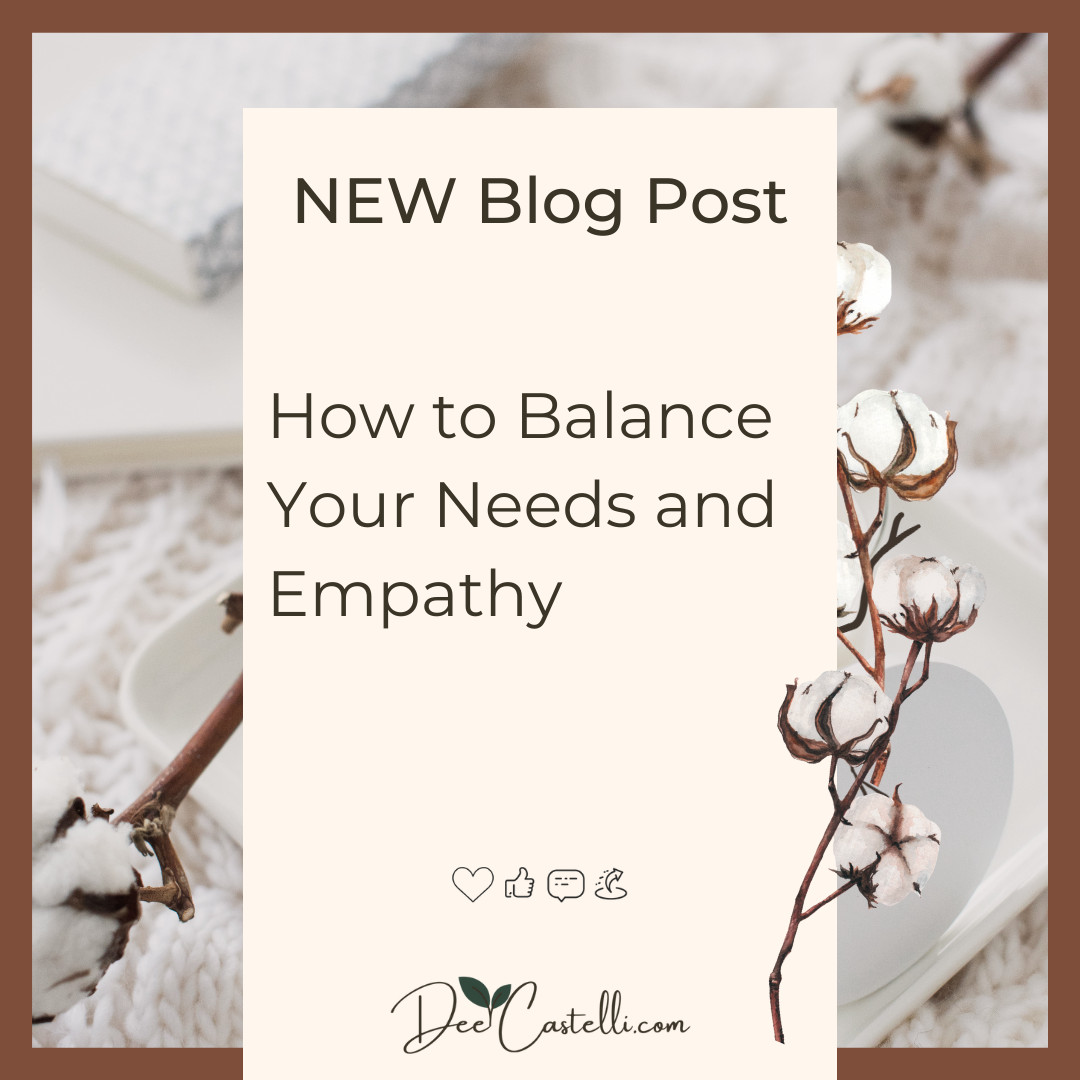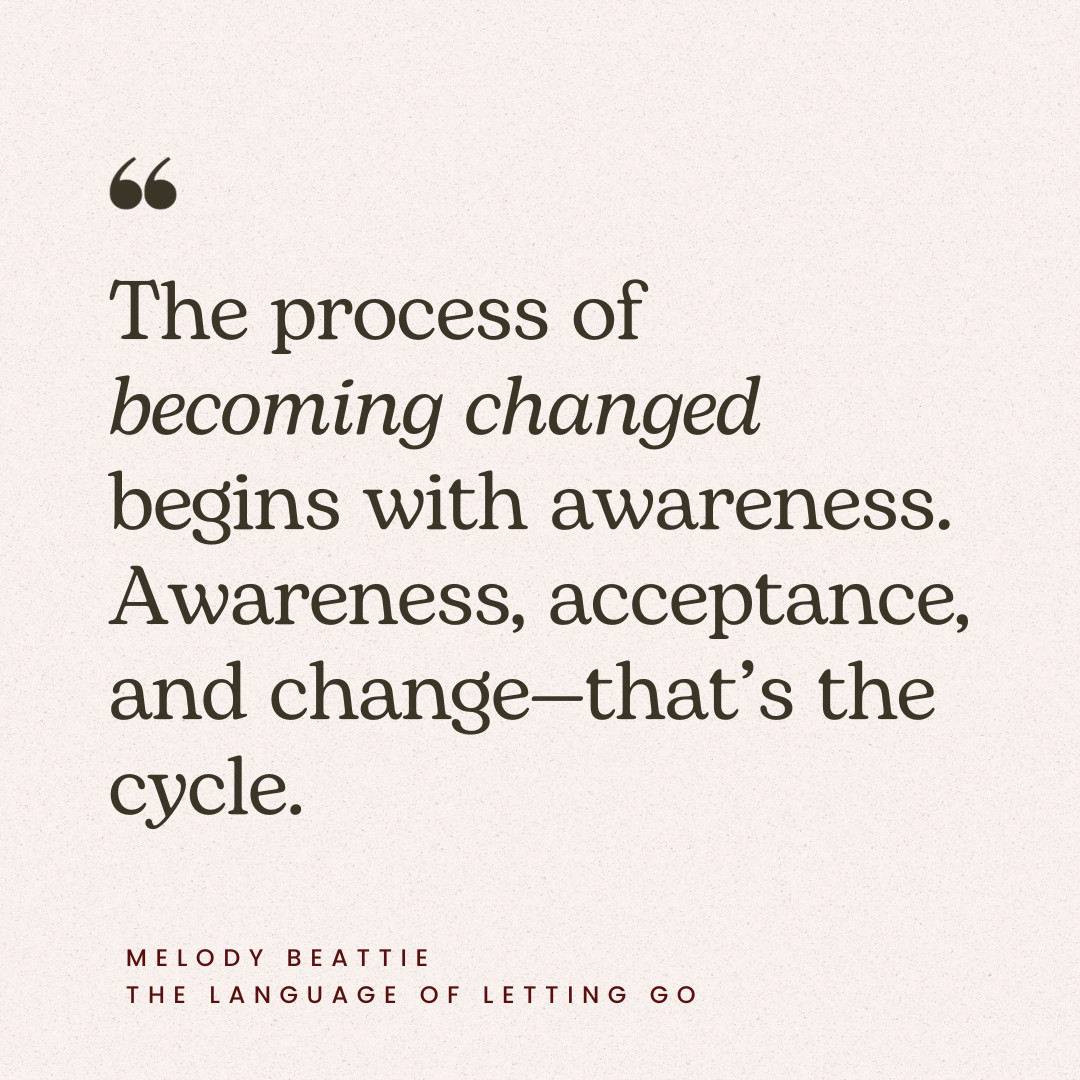
Could you use a lift? Does life sometimes feel overwhelming and heavy? How can you tap into more joy?
Early 2020 was a challenge for me, as it was for mostly everyone everywhere. To help me overcome my challenges, I researched, looked into the science and compared what I found to the scriptures.
Based on my research, I started a gratitude practice that made a HUGE difference. Being thankful is nothing new to me. I give thanks in prayer every day. But an actual gratitude practice? It seemed so structured, and I’m so not a structured journal sort of person.
So I started with something super simple. I wrote just one line a day in a plain notebook. Very quickly I saw a considerable difference in my attitude, level of contentment, the amplification of my joy and deep peace.
Here’s why and what that means for you.
The Science of Gratitude and What That Means for You
Gratitude rewires and changes your brain. Gratitude can be cultivated. Here’s how:
Dopamine and serotonin have been referred to in some studies as natural anti-depressants. Can you use more dopamine and serotonin in your life? Is there an easy way to release dopamine and serotonin, immediately enhance our mood and feel happy? Yes!
Expressing and receiving gratitude releases dopamine and serotonin. Those are two crucial neurotransmitters responsible for our “feel good” emotions. They enhance our mood immediately, making us feel happy from the inside. How does that sound to you?
Serotonin boosts your mood and is called our “happy hormone” because of how it regulates mood and influences our emotions. It plays an important role in digestion, metabolism and appetite. It also aids our immune system and regulates our sleep.
Dopamine helps us feel good doing any activity that activates the reward system in our brain. It also helps us pay attention and learn new things. It’s our celebration hormone that goes off when we do a thing. It’s also released when our phone makes a little sound indicating we have a message. That’s why notifications are so addicting! That’s pretty powerful.
These are two of the neurotransmitters in our body that act like hormones. Neurotransmitters carry messages throughout our nervous system and body. They act as hormones in that they affect our mood and emotions in a positive way.
Mental, Emotional and Physical Benefits of Gratitude
Gratitude in any form produces feelings of happiness and has a healing effect, according to some studies. Gratitude improves interpersonal relationships. Expressing gratitude toward others and ourselves gives rise to joy, peace, inspiration, delight, awe, delight, satisfaction and calm.
Psychology and mental health researchers have established the connection between gratitude and good health in multiple studies. Gratitude also has a positive influence on mental and physical well-being. Quality of sleep and emotional awareness improves, producing more vitality, energy and enthusiasm. How does that sound to you?
In researching for this post, I discovered that gratitude changes the brain's neural structures. Wow!! It actually rewires our brain. Gratitude alters how we perceive the world around us, situations in our life, people and even ourselves. The reality of a situation might not change, but our view of the situation can change.
In late 2019 I read an article about resilience that mentioned cultivating contentment based on scripture. It suggested cultivating gratitude, choosing contentment and prayer. That sounded almost too simple. I tried it. It worked.
Here is complimentary access to a 5-day Gratitude Practice, including videos and a printable journal to get you started.
JOIN 5 DAYS OF GRATITUDE
The course includes a FREE printable page from my Being Thankful Journal which was a result of my own gratitude practice.
Bonus Video from the Archives
Print your FREE page from my Being Thankful Journal which you can always grab on Amazon later!
** Both hormones and neurotransmitters influence our thoughts and motivations. Our endocrine glands produce hormones and our nervous system produces neurotransmitters. Both hormones and neurotransmitters directly affect emotions, levels of anxiety and stress response.
“Show yourselves thankful.” (Colossians 3:15)
“I have learned to be content regardless of my circumstances.” (Philippians 4:11, footnote)
Share your thoughts and comments below ▼ I love hearing from you ❤️
Click here to get your Aroma Reset guide - This simple technique clears your limiting beliefs and negative thoughts. Your powerful sense of smell unlocks the part of your subconscious brain responsible for making decisions on autopilot. That instinct or survival brain isn't open to reason and logic. Empower yourself at that level to accomplish every goal you set!
Copyright © 2023 All Rights Reserved by Lemons and Sage, LLC

 Hello and welcome to my little corner of the web where I share my healing journey with you. That sharing helped many along their own healing journey. As you read I wish the same for you.
Hello and welcome to my little corner of the web where I share my healing journey with you. That sharing helped many along their own healing journey. As you read I wish the same for you.
















0 Comments